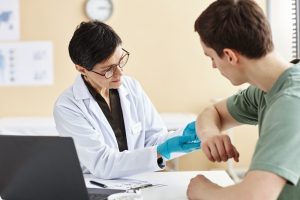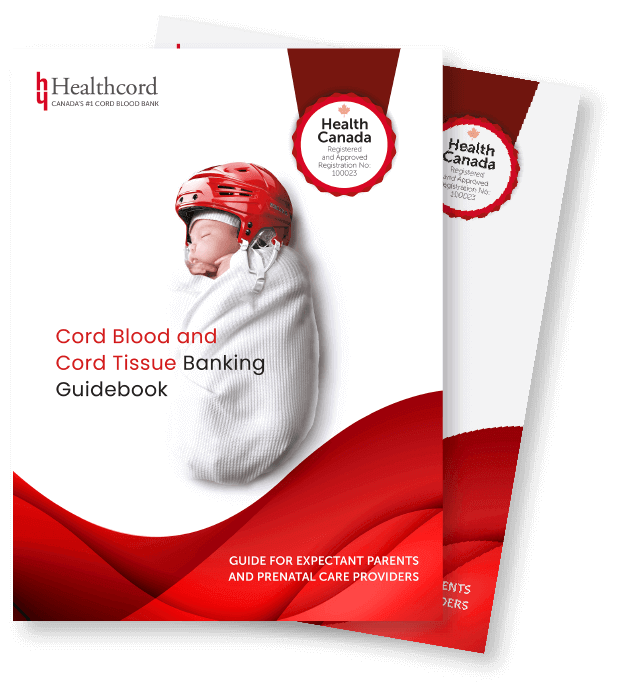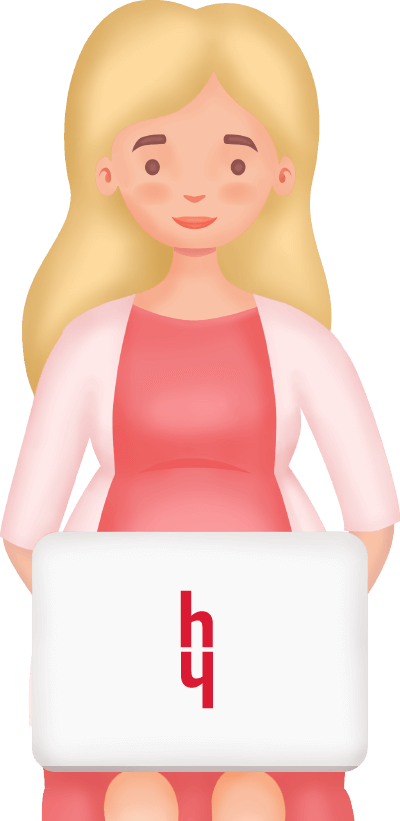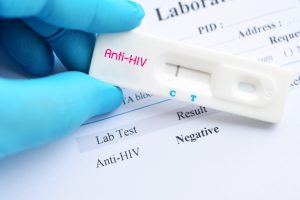
Stem Cell Transplantation Shows Potential in Stroke Recovery

A 55-year-old veterinarian suffered a severe stroke that left him paralyzed on his left side and unable to speak clearly. The patient was diagnosed with acute ischemic stroke. Traditional treatments provided little improvement, leaving him unable to work or perform basic daily tasks.
Acute ischemic stroke is a serious medical condition that occurs when blood flow to part of the brain is suddenly blocked, usually by a blood clot. This interruption of blood supply deprives brain tissue of oxygen and nutrients.
Seeking an alternative, the patient received a stem cell treatment using mesenchymal cells derived from umbilical cord tissue. These versatile cells can develop into various cell types, including brain cells, enabling the repair of damaged tissue.
The patient received two intravenous infusions of these stem cells, spaced 8 days apart. Remarkably, he began showing signs of improvement within weeks:
- After 1 month, he regained some movement in his left arm and face
- By 2 months, he could walk with assistance
- At 3.5 months, he was able to walk independently
- After 9 months, his arm and leg function had significantly improved
- By 15 months, he could climb stairs and perform delicate tasks
16 months after treatment, the patient was able to return to his veterinary practice. Brain scans also showed the stroke-damaged area had shrunk considerably (Fig. 1)
This case highlights the potential of stem cell therapy in stroke recovery. The patient’s remarkable progress—from paralysis to regaining independence—demonstrates how regenerative medicine could redefine rehabilitation for stroke survivors. This case provides compelling evidence that stem cell therapy could contribute to stroke recovery, offering patients hope and quality of life.
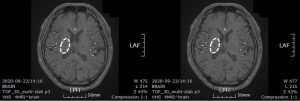
References
H. Ahn, S. Y. Lee, W. J. Jung, and K.-H. Lee, ‘Treatment of acute ischemic stroke by minimally manipulated umbilical cord-derived mesenchymal stem cells transplantation: A case report’, World J Stem Cells, vol. 13, no. 8, pp. 1151–1159, Aug. 2021, doi: 10.4252/wjsc.v13.i8.1151.
Related Posts
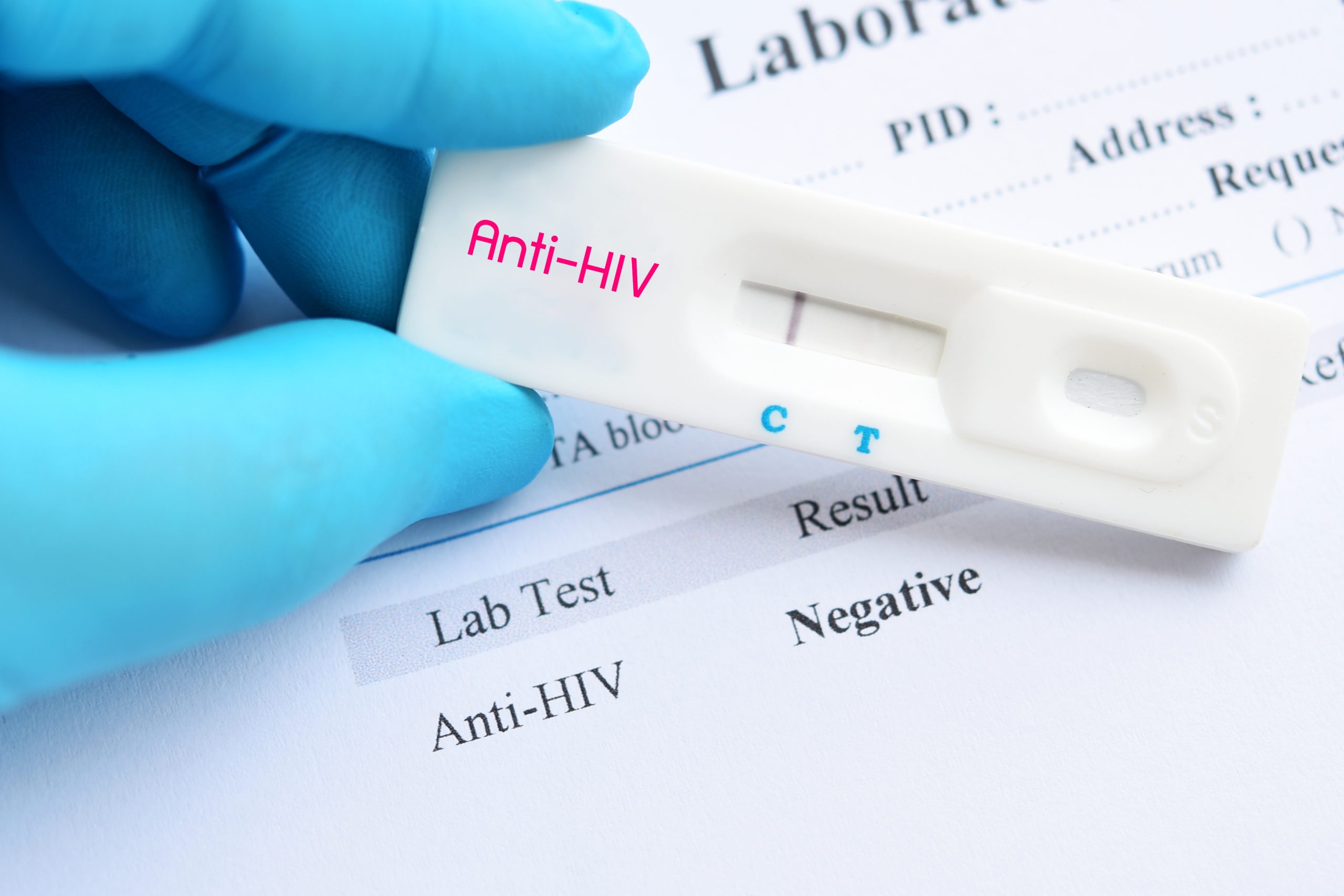
Novel Cord Blood Stem Cell Treatment Leads to HIV Remission


Stem Cell Transplantation Shows Potential in Stroke Recovery





